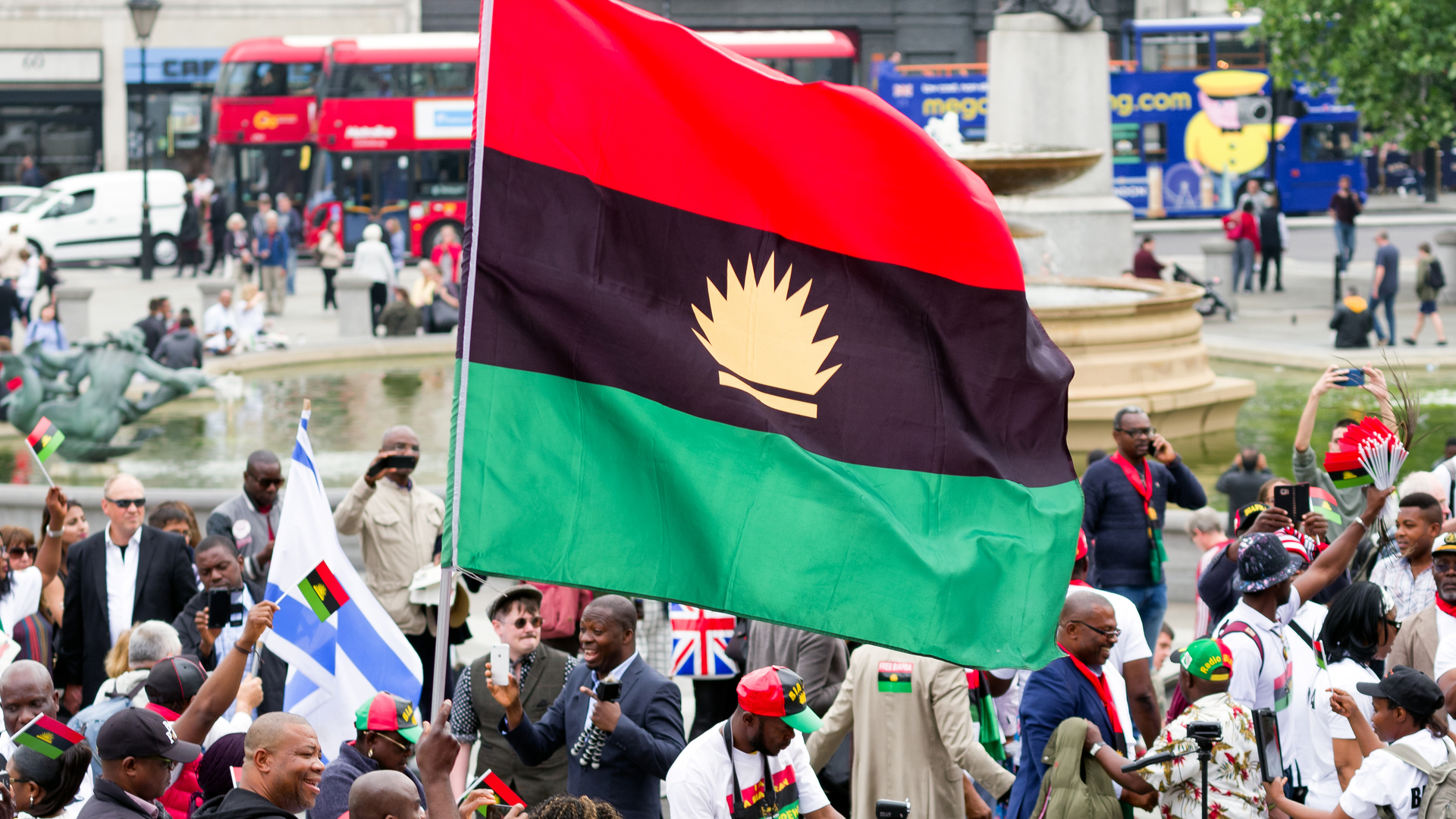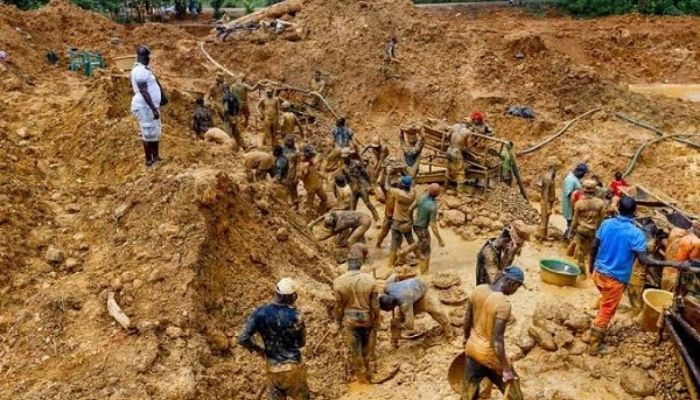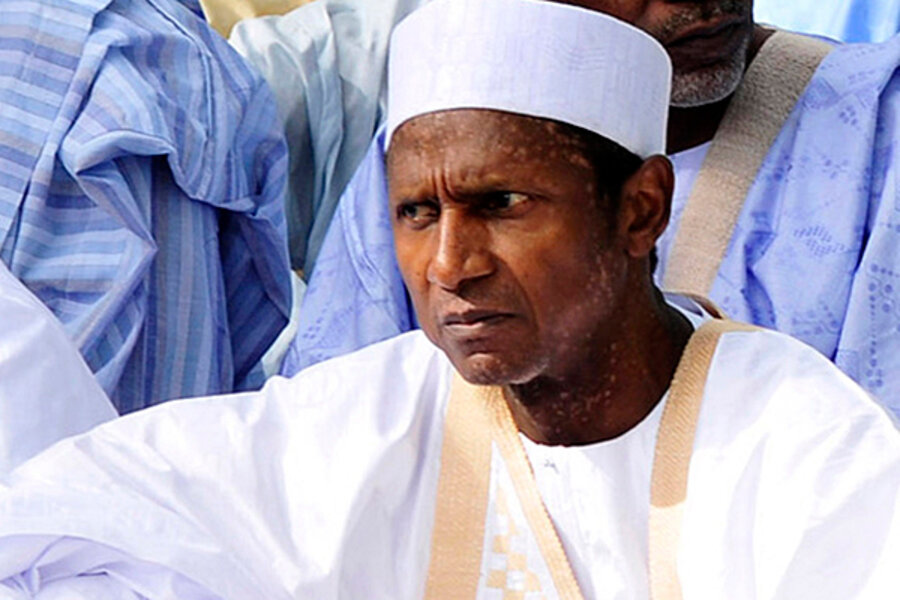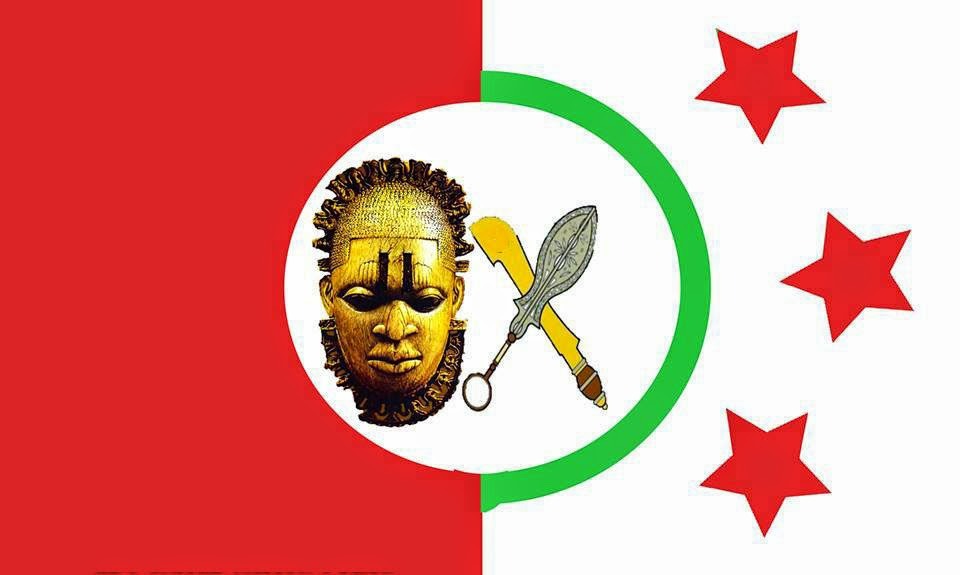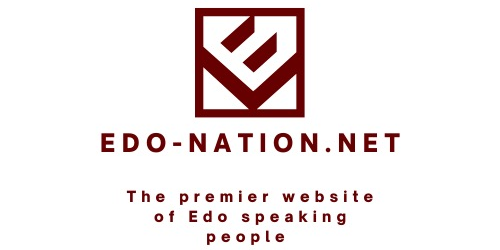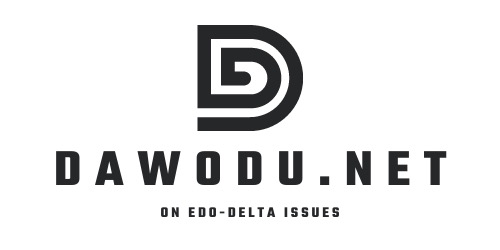culled from GUARDIAN, May 30, 2006
What a season to be celebrating Democracy Day. When Nigeria's two nations, its politicians and the citizenry got together on the floor of the Senate with the setting aside of tenure elongation and the hurried constitutional review, there was a sudden outbreak of the light of hope regarding our democracy. But how rich will harvest be for the people?
First, why a rich harvest is a matter of desperation, then about this idea of two nations, and finally why democracy matters. The laggard nature of Nigeria's economy and the quality of life our people seem sentenced to today in this age of globalisation, where the standard of living of fellow travellers in this global village can be interrogated or experienced with the click of a mouse or a remote control, makes revolt or anarchy an ever present threat. This is why the laudable reforms of the last few years were an imperative rather than a matter or choice.
Unfortunately, implementation could have been far more effective if we had more involving political systems, greater tolerance for the other point of view and ownership of reforms by the key stakeholders. The limited success of our reform efforts, if I may say so as one who was an advocate of these reforms a full decade before some who are its prime promoters discovered the need, has been the distance from the people that made it difficult for the leadership to affect culture and mobilise the citizenry to act for their own base interest.
If the current general state of despair and exasperation in the land is to give way to hope and prosperity that fits the potential of the land, our democracy must be renewed in a new way with people of a new mindset offering leadership at every level. Re-inventing our democracy to embed accountability politics in which the people constantly hold the leaders to account is a matter of desperation because the consequences of failure to so do portends much danger.
We must seek a rich harvest to keep the people from retreating into a demoralised mood from which the Senate vote seemed to have liberated them. On the point of two Nations, it is important to stress a phenomenon that may have eluded the notice of many of the Nigerian elite. For a long time our notion of public space has been shaped by Peter Ekeh's seminal work on the two Publics.
Ekeh helped us understand why people will not steal from their village age-grade purse but find no trouble in emptying the treasury of the Federal Government. It would seem however, that our recent experience with democracy has seen the idea of the two publics compounded by a trend in which politicians have come to lose regard completely for the voter and the citizen. Why else would an idea opposed in poll after poll by more than 80% of the population, like the so called Third Term issue, be pushed so hard? The general contempt of the politicians for the people is also evident in how unwilling they are to subject themselves to public scrutiny or account for their stewardship on the basis of promises they have made. The wholesale abuse of the electoral process which has caused many to give up on voting is the ultimate in this culture of the new political class. Seeking office should not be ascending but rather an inconvenience justifiable because it advances a greater goal.
Even with all these challenges, we must give thanks for democracy in spite of the imperfections of our recent experience. It is because of democracy that we have a chance, with the commitment of citizens to change the people lacking in the character that we need for our country to be respectable. With such change our country should turn to the issues that matter: jobs for the citizens, economic growth, security, peace and a sense of fulfilment of being Nigerian. To achieve all these we need to reform the electoral process and breed Nigerians ready to defend their votes with their lives, if necessary.
We must socialise a citizenry willing to go out to the streets and march if the system does not work for them and we have to grow institutions and civil society always directed to the Common Good. The media proved itself worthy on the Third Term issue and reinstated its standing with the Nigerian people. All other parts of civil society should do same.
bullet
Professor Utomi is of the Lagos Business School




